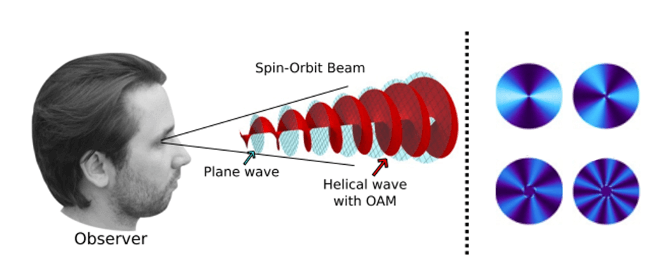Summary
Strongly-coupled field theories describe both fundamental and applied quantum problems. With the goal of exploring these theories, we are working to develop functional quantum simulators, which take advantage of the phenomenon of superposition. Quantum simulators can perform nontrivial quantum computations more efficiently than classical technology, while requiring less processing power than a universal quantum computer. Through a variety of novel techniques, we are moving to create 2-4 qubit “gauge field” test units. Our goal is to assemble arrays encompassing up to 50 qubits. Along the way, we hope to demonstrate that such arrays can carry out simulations of fundamental physics and complex quantum materials.

Related Content

Portable Quantum Dot Measurement System
Summary Detecting heavy metals in water is essential to ensure clean drinking water and appropriate regulatory decisions following an accident (e.g., a spill) or an emergency. Traditionally, high-sensitivity detection of heavy metals requires bulky and costly (to purchase and operate) lab-based instruments. We propose developing a palm-sized, element-specific, highly-sensitive, battery-operated, smartphone-controlled system for on-site measurement […]
July 21, 2022

Structured Light Applications in Vision Science
Eye diseases such as macular degeneration can have a devastating impact on quality of life. Early detection and treatment are thus crucial for preventing irreversible vision loss. A previous study found that the human eye can detect differences in ‘structured’ light beams. Such light beams are composed of a coherent superposition of differently polarized planar […]
April 24, 2023

Quantum Material Multilayer Photonic Devices and Network
Summary Realizing highly integrated quantum photonic devices on a chip can enable new opportunities for photonic quantum computation. In this project, we explore heterostructures of stacked two-dimensional (2D) materials, such transition metal dichalcogenides (TMDC) or graphene, combined with optical microcavities as a platform for such devices. 2D materials are extremely thin and flexible, and have […]
December 12, 2019

Functionalized Nanodiamonds for Sensing Biochemical Processes
Summary Chemotherapy is limited by the failure to clinically monitor the efficacy of the treatment in real-time, which results in suboptimal chemotherapy being given for a prolonged period. Predicting the outcome of chemotherapy immediately after drug administration can increase diagnostic accuracy, efficacy outcomes, and successful treatment. Quantum nanodiamond sensors can be used as optical sensors […]
August 31, 2022

